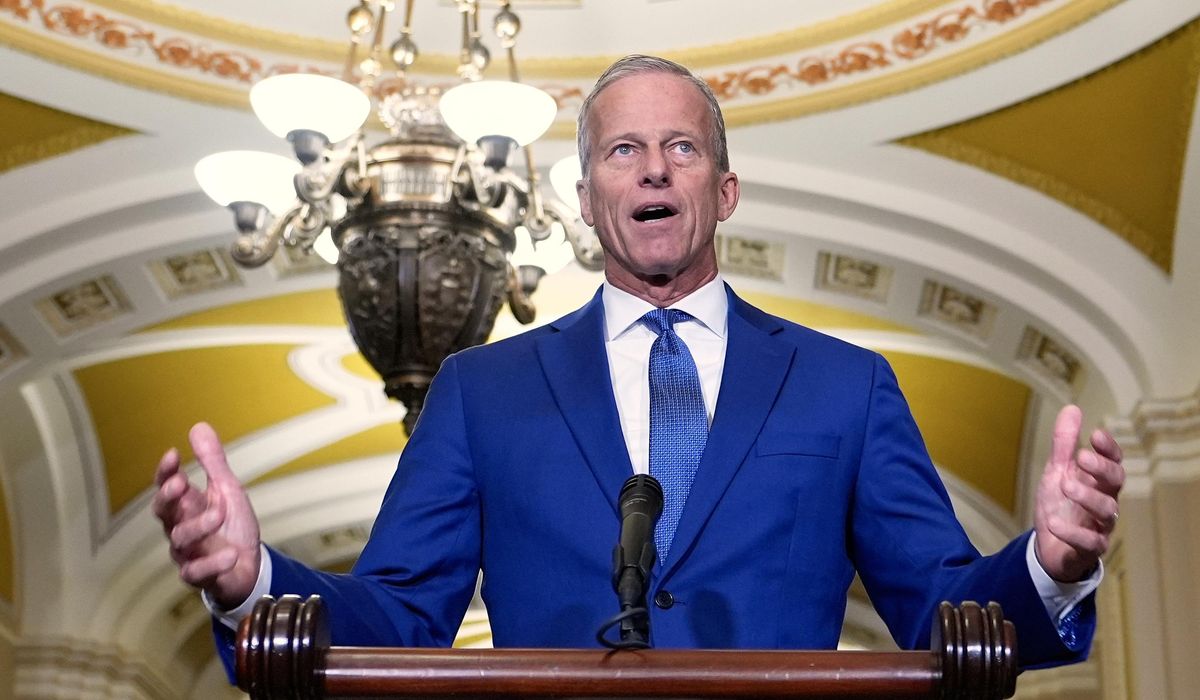Background: The Budget Showdown
In the summer of 2025, U.S. lawmakers found themselves at the center of a heated debate over federal spending, with President Donald Trump and his administration pushing for sweeping budget rescissions. The proposed package, totaling around $9.4 billion, sought to claw back funds from previously approved allocations for foreign aid, public broadcasting, and various public health initiatives. Yet, among the contentious cuts, one critical area of funding captured the attention of both Republican and Democratic senators: HIV/AIDS programs, specifically the President’s Emergency Plan for AIDS Relief (PEPFAR).
The Battle to Protect Life-Saving Programs
PEPFAR, launched in 2003 under President George W. Bush, represents one of the world’s largest initiatives to combat the HIV/AIDS epidemic. Since its inception, the program has saved over 25 million lives and provided essential care, prevention, and treatment services worldwide. The Trump administration’s initial proposal included a $400 million reduction in funding for PEPFAR, immediately raising alarms on Capitol Hill. Key Republican senators, including John Thune of South Dakota and Susan Collins of Maine, voiced public and private concerns about the consequences of reducing support for such a fundamental program.
Senator Thune, the Senate Republican Majority Leader, underscored the widespread bipartisan interest in maintaining PEPFAR’s funding, noting that
“there’s a lot of interest among our members in seeing the PEPFAR cuts removed.”
Senator Susan Collins was even more direct, highlighting the program’s proven track record in saving lives and preventing HIV transmission:
“I want to strike the rescission of funds for PEPFAR, which has an enormous record of success…I can’t imagine why we would want to terminate that program.”
Such statements reflected broader unease among senators that eliminating or reducing HIV/AIDS funding would have devastating real-world consequences, not just for global health but also for America’s reputation and leadership in humanitarian efforts.
Behind the Scenes Negotiations
The pressure from senators proved decisive. In closed-door meetings, Office of Management and Budget Director Russ Vought indicated a willingness to amend the rescission package. Following a pivotal luncheon with GOP senators, Vought signaled that the White House would accept a substitute amendment excluding PEPFAR from the list of programs subject to cuts. This adjustment trimmed the overall rescissions package to $9 billion, with the savings now targeting other foreign aid and public broadcasting initiatives.
The removal of PEPFAR from the cuts was not merely a conciliatory gesture; it was portrayed as vital leverage to win over skeptical lawmakers and ensure passage of the spending bill. The hope among Senate leadership was that by carving out the HIV/AIDS program funding, the package would corral enough support from both wings of the party, and nudge the House to assent to the revised bill. In the current polarized political climate, such compromise stood out as a rare moment of collaborative policymaking.
Why HIV/AIDS Funding Matters
The impact of PEPFAR and related domestic HIV/AIDS programs cannot be overstated. Over two decades, the program has not only provided antiretroviral therapies and prevention but also fortified public health systems and nurtured partnerships with faith-based and community organizations. Domestically, spending on HIV/AIDS bridges critical gaps in care, addressing disparities and supporting efforts to end the epidemic in the U.S. by 2030.
Funding stability is essential for organizations across the globe that depend on PEPFAR’s grants to deliver HIV education, prevention, testing, and treatment. A sudden reduction in support could jeopardize medication supplies, disrupt care for millions, and threaten decades of progress. The Senate’s bipartisan stance reflects an understanding that HIV/AIDS is not a partisan issue but one of public health, humanitarian concern, and international standing.
Looking Ahead: The Path Forward
The Senate’s move to exempt HIV/AIDS program funding sent a strong message to both national and international observers: America’s commitment to fighting HIV/AIDS is enduring, even amidst fiscal tightening. This episode also underscores the increasing scrutiny that global health initiatives face during political cycles, and the leverage that bipartisan pressure can exert over executive budget priorities.
As lawmakers await the final outcome of the modified spending bill, advocates and beneficiaries of HIV/AIDS funding remain watchful. The sustained investment in combating HIV/AIDS is seen not only as a moral imperative but also as a cornerstone of public health diplomacy and global stability.
In conclusion, the Senate’s decision to protect HIV/AIDS funding reaffirms the country’s leadership in world health and its dedication to leaving no vulnerable population behind—even when tough financial decisions loom.

